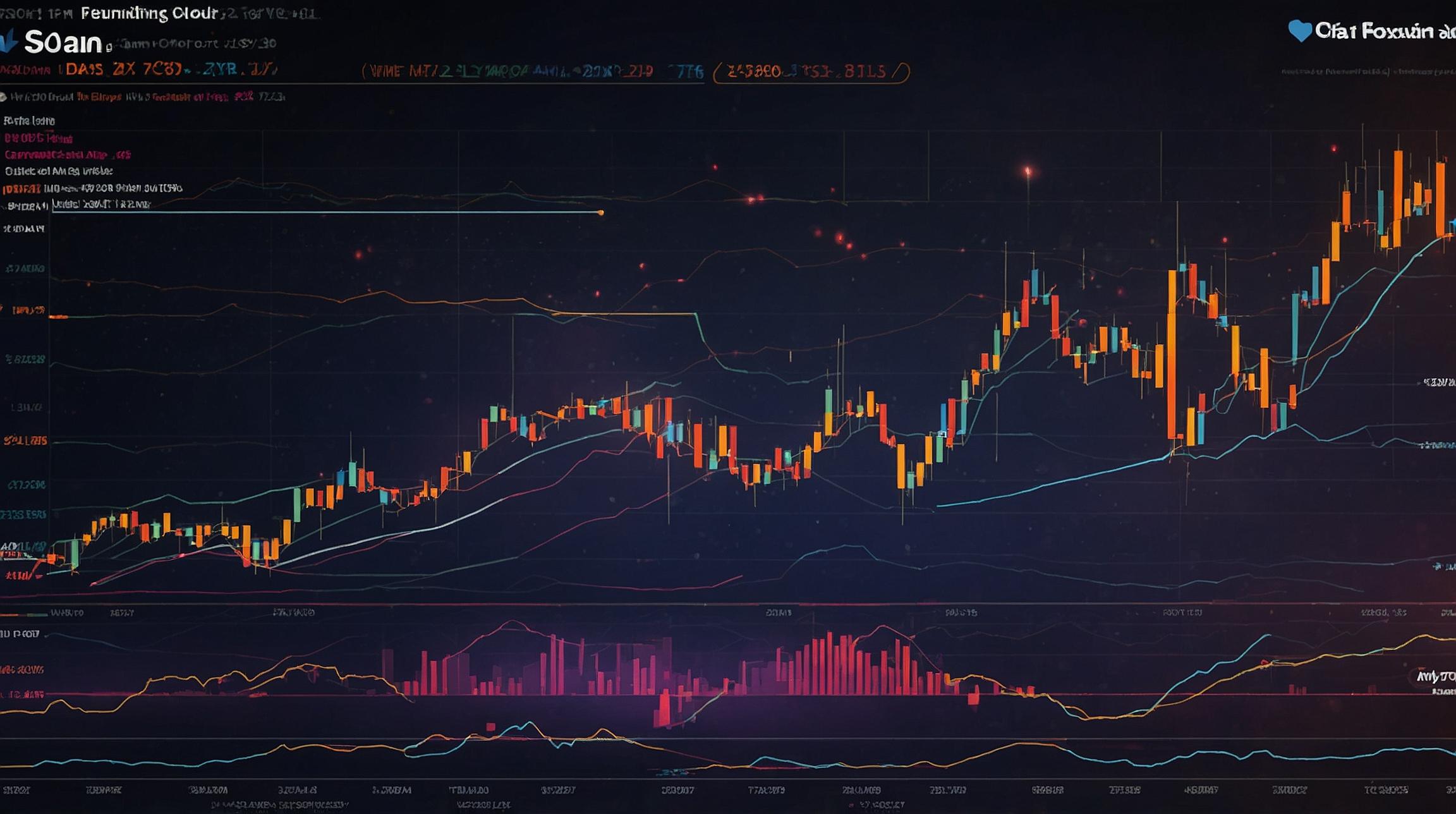Japan's Economy Enters Technical Recession, Putting Pressure on BOJ's Tightening Plans
Tokyo, Japan – The Japanese economy took an unexpected downturn, shrinking in the fourth quarter of 2023 and sliding into a technical recession. This development adds complexity to the Bank of Japan's (BOJ) ongoing dilemma regarding the timing for policy tightening. Amidst inflationary pressures and a depreciating yen, private spending weakened significantly, countering gains from a modest increase in export demand.
The GDP contraction of 0.1% quarter-on-quarter up to December 31 marks a less severe decline than the previous quarter's 0.8% downturn but fell short of the anticipated 0.2% growth. On an annual basis, the economy receded by 0.2% in the December quarter, marking the second consecutive quarter of contraction and officially categorizing the situation as a technical recession.
Inflationary challenges and a lackluster yen have stifled consumer spending in Japan, despite inflation dropping closer to the BOJ’s 2% target. Yet, prices remain above this benchmark, mainly due to elevated import costs. Additionally, wage growth has been stagnant, further straining household budgets and reducing domestic spending's contribution to the economy.
Export performance saw a minor improvement, with a 0.2% growth in net contributions to the GDP from exports. However, this figure didn't meet expectations and illustrates the fragile state of Japan’s trade relations, particularly with China, its largest export market currently grappling with its economic challenges.
The BOJ faces a tightened rope walk, balancing the need to stimulate growth while also aiming to gradually phase out its ultra-loose monetary policy. This latest economic setback complicates these plans, likely limiting the scope for interest rate hikes or tightening monetary conditions anytime soon.
Business investment also remained tepid, showing a slight improvement from a 0.6% drop in the previous quarter to a 0.1% decrease in quarter-on-quarter investment. This data underscores the pervasive cautiousness among Japanese companies in the current economic climate.
As Japan grapples with these economic headwinds, the path forward for the BOJ appears increasingly intricate. The bank's ability to navigate inflationary pressures, currency depreciation, and now a technical recession will be crucial in determining Japan's economic resilience and growth trajectory in the upcoming months.
The situation remains fluid, with global economic factors and domestic fiscal policies contributing to an uncertain outlook for Japan. Market watchers and investors alike will be keenly observing the BOJ’s next moves, as Japan endeavors to recover from this downturn and stimulate sustainable economic growth.
Analyst comment
Negative news.
Market outlook: The Japanese market is likely to face challenges as the economy enters a technical recession, putting pressure on the Bank of Japan’s plans to tighten monetary policy. Interest rate hikes or tightening monetary conditions are expected to be limited, while cautiousness among Japanese companies may persist. The path forward for the BOJ is intricate, and the market will closely watch their next moves for signs of economic recovery and growth.













